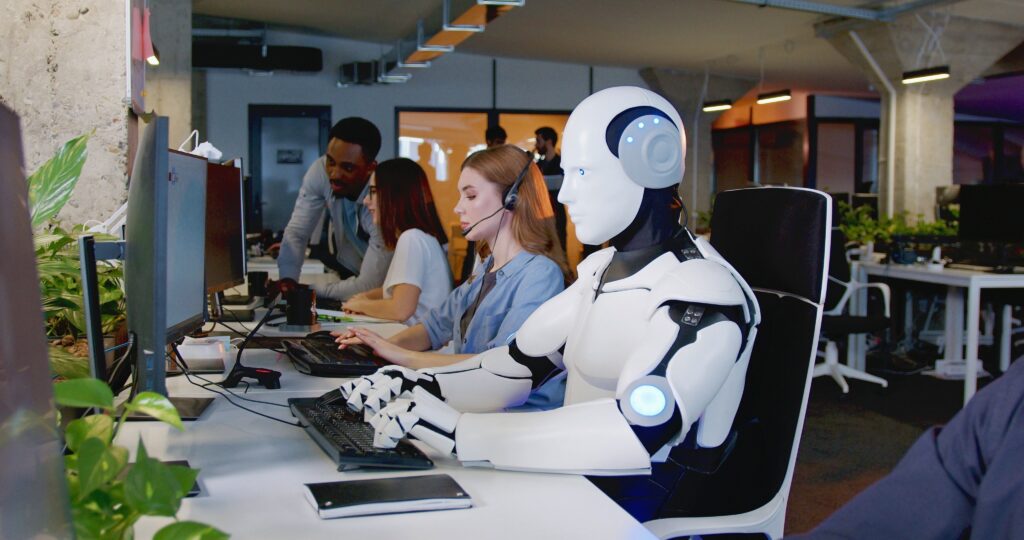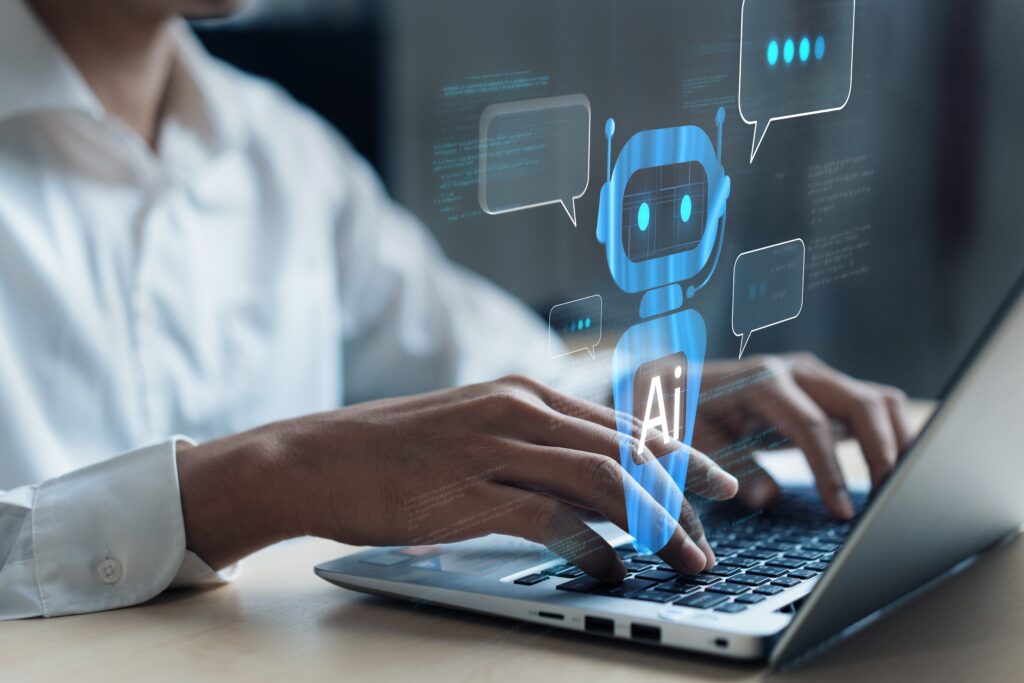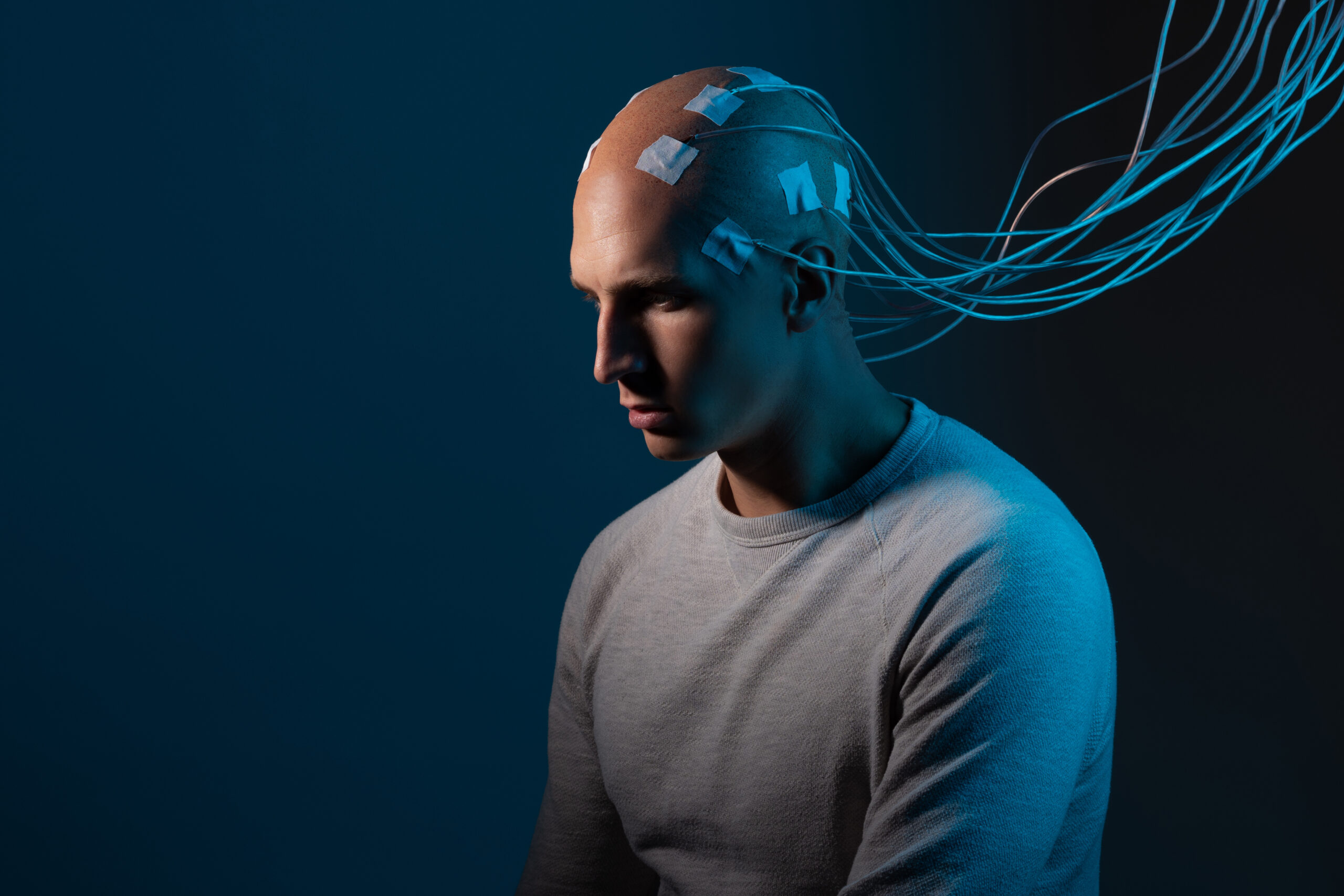Imagine a world where machines don’t just help out with simple tasks but actually handle big decisions—like figuring out health diagnoses or managing our finances. Not too long ago, this was pure science fiction. Now, it’s quickly becoming part of everyday life thanks to artificial intelligence.
AI is changing the way we work, talk to each other, and even run businesses. It promises some amazing benefits—saving time, boosting creativity, and making things run smoother. But it also comes with big questions. Could it lead to people losing jobs? What happens to our privacy in a world where machines know so much about us?
In this article, we’re taking a closer look at both sides of the AI coin—the good and the not-so-good. As we get used to having AI around, it’s worth thinking about what a highly automated world might mean for all of us.
The Upsides of AI in a Highly Automated Society
AI is starting to make life a lot easier in ways we probably don’t even notice half the time. Here’s how it’s actually helping out:
- Taking Care of the Boring Stuff: AI is amazing at handling the repetitive, tedious tasks that usually slow us down. In hospitals, banks, and factories, AI can sift through data, keep machines running, and do all the behind-the-scenes work. This means people can focus on more interesting stuff that really needs a human touch. It’s like having a super helper who never gets tired, making everything move faster.
- Adding Small Conveniences to Daily Life: Think about those times Netflix magically knows what you want to watch next, or when your phone reminds you of an appointment you totally forgot about. That’s AI working quietly in the background to make life a bit smoother. And in healthcare, it’s helping doctors catch health issues sooner, which can really make a difference. Little conveniences like these add up, making tech feel more useful and personalized.
- Bringing in New Kinds of Jobs: While there’s a lot of talk about AI taking away jobs, it’s also creating whole new career paths. We now need people to build, manage, and keep an eye on AI, which opens up jobs like data scientists and AI ethics experts. These jobs didn’t even exist a few years ago, so there’s a chance for people to find work in brand-new fields.
AI definitely has some big upsides, making life easier and even creating new job opportunities. But it’s not all sunshine—there are some serious challenges and trade-offs that come with this, too.
The Downsides of Automation: Job Loss, Inequality, and Privacy Concerns
AI might be cool, but it’s not all sunshine and rainbows. Here are some of the ways it’s already causing issues:
- Jobs Are at Risk: One of the biggest worries people have is that AI could take over a lot of jobs. Anything repetitive—like data entry, customer service, or even driving—could eventually be done by machines instead of humans. For people who’ve been doing the same job for years, the idea of having to learn something totally new or switch careers is pretty daunting. It’s a huge shift that could leave a lot of folks feeling lost about what comes next.
- Creating a Bigger Divide: AI might also be widening the gap between different groups of people. Those who know how to work with AI or have access to the technology could see more doors opening for them. But on the flip side, others could find it harder and harder to keep up. If only some people get to benefit from all the cool things AI can do, we could end up with more economic inequality, with certain groups getting left behind.
- Our Privacy Is on the Line: AI runs on data—tons of it. And a lot of that data comes from us. Think about all the smart home devices listening to us or facial recognition cameras tracking us. This raises some big questions: How much do we actually want machines to know about us? Who’s controlling all that information? As AI becomes a bigger part of our world, figuring out how to protect our privacy is going to be a serious challenge.
AI has a lot of potential to make things better, but these downsides show that it also comes with some real trade-offs. It’s not just about the technology; it’s about making sure AI doesn’t bring more problems than it solves.
Are We Relying Too Much on Machines?

AI definitely makes life easier, but if we keep leaning on it to make decisions for us, what happens to our own judgment and problem-solving skills? There’s a real risk that we could start losing touch with our ability to think things through on our own. AI can handle a lot, but there’s something valuable about doing things ourselves—even the hard stuff—that keeps us sharp and independent.
We like to think of AI as neutral, but it’s really just following patterns it’s been taught. And if those patterns are biased (which they often are), AI can end up making decisions that aren’t fair. This can affect things like who gets hired, who qualifies for a loan, or even who gets pulled aside for extra security checks. Instead of being an equalizer, AI might just keep old biases alive in new ways.
Losing Our Sense of Purpose
For a lot of people, their work is a big part of who they are. But as AI starts taking over more of the routine tasks, it could make some people feel like their roles are disappearing. When a machine starts doing what used to be “our” job, it can mess with our sense of purpose and even our self-worth. This shift isn’t just about technology—it’s about how we see ourselves and our place in the world.
So, while AI is opening up all kinds of new possibilities, it’s also bringing big changes that can affect how we think, how fair society is, and how we find meaning in what we do. It’s worth keeping these questions in mind as AI keeps expanding into more parts of our lives.
Responsible AI: Making Sure It’s Fair, Open, and Controlled

As AI starts showing up everywhere, it’s on us to make sure it’s used responsibly. Here’s how we can keep it fair, understandable, and under control.
One of the toughest parts about AI is that sometimes it’s a mystery. Decisions happen behind the scenes, and we don’t always know why. For people to actually trust AI, we need to make it more transparent. That means building systems that don’t hide how they work. If we can understand how AI comes to a decision, it’s a lot easier to trust it. In short, if AI is going to play a bigger role, it can’t feel like magic—it needs to make sense.
AI learns from data, and sometimes that data has biases baked in. If we’re not careful, AI can end up repeating those biases, leading to unfair treatment for some people. To prevent this, we need to make sure AI learns from data that represents everyone, not just a few groups. Regular checks help, too. AI should be more than just a tool; it should be a fair one.
Humans Need to Stay in Control
No matter how smart AI gets, humans should stay in charge. We need people keeping an eye on things to make sure everything’s working as it should. Especially in critical areas like healthcare, it’s important to have human judgment in the mix. AI might be powerful, but at the end of the day, it’s still a tool—and people should have the final say.
If we focus on keeping AI open, fair, and controlled by humans, we can help it live up to its promise without going off the rails. AI can make a real difference, but it’s up to us to make sure it’s used in ways that benefit everyone.
Moving Forward with AI—Carefully
AI is already changing the way we live, and it could make life a lot easier in some ways. Imagine not having to deal with repetitive tasks or having smarter tools that help us out. But let’s be real—there are some big concerns too. People might lose jobs, our privacy is on the line, and there’s always the risk that AI might end up treating people unfairly.
As we go forward, we have to make sure AI is working for us, not the other way around. This means keeping it in check, making sure it’s fair, and not losing sight of the things only humans can bring to the table, like empathy and good judgment. AI should help us, not replace what makes us human.
If we’re careful, AI could be an amazing tool that opens up all kinds of possibilities we hadn’t even dreamed of. But it’s up to us to set the rules and make smart choices so we end up in a future we actually want. AI has a lot to offer, but only if we’re thoughtful about how we use it.


